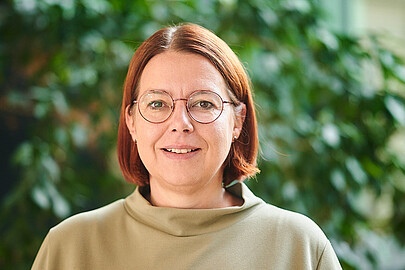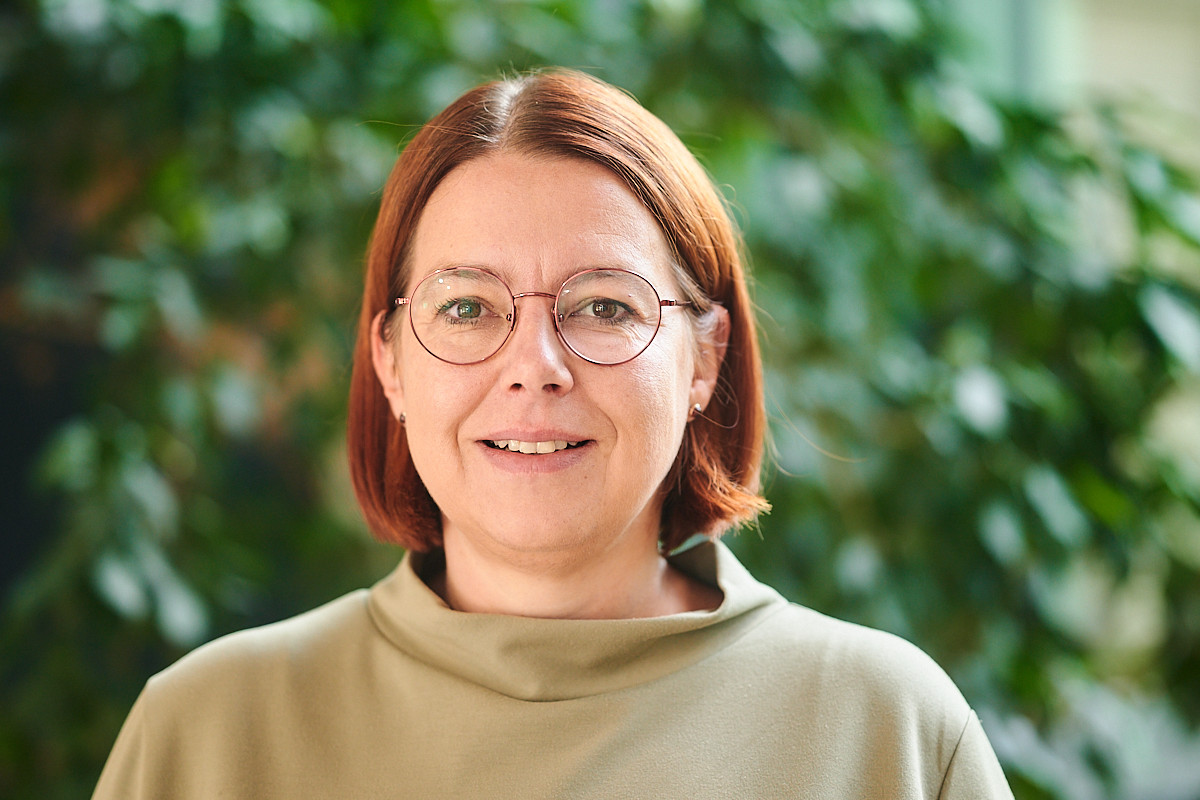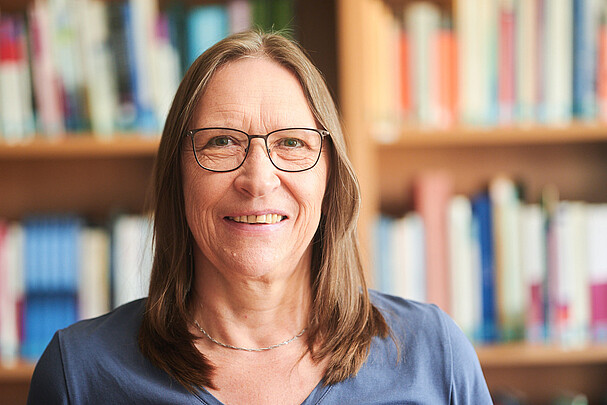

 ©
Hans Ott / unsplash.com
©
Hans Ott / unsplash.com
Global processes such as environmental change, migration and the digitalization of the economy are presenting humanity with major challenges. At the same time, these developments unfold differently across regions and lead to profound social as well as economic inequalities. The master's programme in economic geography addresses these regional differences, investigates their causes and examines their consequences from different perspectives. In order to understand the complex interrelationships and to develop solutions, the master's programme combines interdisciplinary approaches from geography, economics and social sciences and also offers a sound education in modern methods for research and practice.
-
Reasons to study Economic Geography in Hannover
- Integrated teaching concept: With us, you will learn to understand the complex challenges of the world (Theory), analyze them (Empirics) and develop practicable solutions (Policy). Our teaching methods are closely linked to current, practice-relevant issues, and you will benefit from study projects conducted in close collaboration with partners from politics and business.
- Internationality: Our program is distinguished by its strong international orientation. You have the opportunity to study at partner universities in both European and non-European countries or to obtain a double degree with the University of Groningen. Furthermore, internationally renowned professors enrich our curriculum as part of the annual "International Seminar in Economic Geography" (ISEG).
- Research Excellence with Multiple Professorships: The IWKG actively contributes to the scientific discourse with regular publications in internationally renowned journals. Our program integrates research and teaching, ensuring that you always benefit from the latest scientific findings.
- Diverse Career Opportunities: After graduating at IWKG, numerous exciting career opportunities open up. The excellent job prospects for economic geography fields are confirmed and documented through regular surveys of our graduates.
- Networking: Our active alumni association, WiGeoH, offers excellent networking opportunities as well as access to potential employers and internships.
- Excellent Support: You will be supported by a highly qualified team in small work groups, distinguished by their commitment and excellent international contacts – in both academic research and the private sector.
- Research support: For many who discover their interest in research, we offer the possibility of doctoral studies in both economic and cultural geography.
-
Admission requirements
This Master's programme is limited to 25 students per year. In the preceding Bachelor's degree programme (geography, economics or related disciplines), economic geography and economics content must have been studied to a certain extent. Applicants who neither have a German higher education entrance qualification nor have obtained their Bachelor's degree at a German higher education institution must also have sufficient knowledge of the German language at the language level C1 CEFR.
Information for prospective students:
- Programme profile and application information on the Leibniz University website
- Detailed information on admission requirements
- Form A (only available in German): Nachweis über die fachliche Eignung des vorangehenden Studiums
- Form B (only available in German): Nachweis über das Vorliegen der Kriterien zur Notenverbesserung
-
Goals of qualification
Educational objective: Qualification for professional activity in the fields of project management, location and market analysis, regional development, economic development and research, among others.
Graduates of the master in economic geography…
- are able to work independently and in a structured manner on economic geographic issues
- have in-depth knowledge of spatial relationships
- have specific knowledge in the fields of innovation, regional development, foundation and economic policy, among others
- are proficient in analytical methods with which they can describe, interpret and evaluate interrelationships
- use modern data science methods (GIS, R, ...) for the processing of questions
- are trained in presentation and lecture techniques
- have experience in project work and are team players.
Course structure and modules
The degree programme is designed as a full-time, on-campus programme. Students earn 120 credit points, which are allocated to the modules in accordance with the European Credit Transfer System (ECTS). Please find detailed information on the individual modules in the module catalogue.
The language of instruction is German. If English-speaking students are enrolled, some of the courses will be held in English. Examinations may be held in German or English.
Participating institutions and their people
Advisory services and contact
Programme coordination


30419 Hannover
Thu. 13:00 - 14:00
and by appointment


Course advisor and application issues


30167 Hannover







